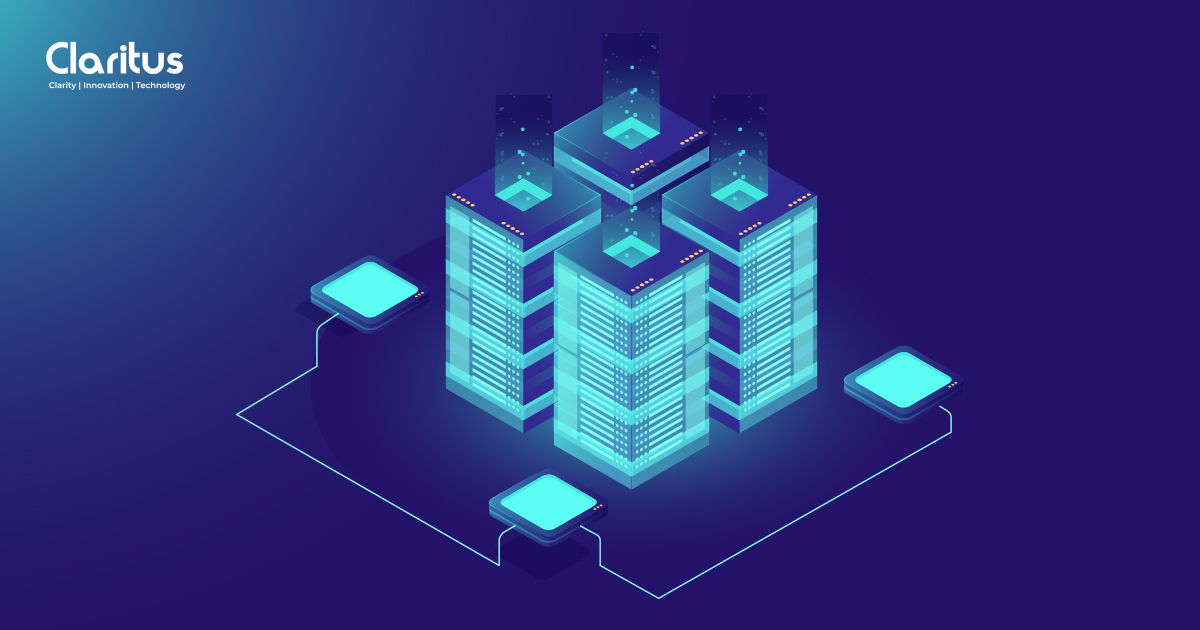How is the Blockchain revamping the supply chain industry?

What is it all about?
Blockchain is required to control a supply chain more effectively. It helps the members and stakeholders to record relevant information like certification, quality, date, location and price. The information available enhances a company’s position as a trailblazer and torchbearer in responsible manufacturing. The reason being, these information within Blockchain help in lowering losses from counterfeit and Grey market, increasing traceability of material and improving visibility and compliance over contract manufacturing which is outsourced. The innovations driven by Blockchain in supply chain has a potential to bring about tremendous business value as the risk is reduced, efficiency is enhanced and supply chain transparency is increased. So, overall management of supply chain improves noticeably.
Why is Blockchain needed to manage supply chain?
It’s an extraordinarily complex process to manage the supply chains of today since it involves many links for creating and distributing products. If the item so requires it, then it’s an intricate procedure of involving umpteen international locations, endless numbers of invoices and payments, tagging several entities and individuals, and extending over months of time. Also it is extremely difficult to probe illegal and unethical practices inside supply chains. So, since the current supply chains have lack of transparency and too much of complexity in managing them, there is a lot of interest generated in the ability of Blockchain to transform and ease things.
Benefits of Blockchain in supply chain management:
1. Provenance
Provenance actually is the most important feature used in supply chain. Tracking the source and origin of a product and record keeping become very easy in a Blockchain based supply chain management because embedded sensors and RFID tags help by giving out product information. Blockchain helps in tracing the history of a product from its place of origin to its present place of storage. It promptly provides information to supply chain professionals about who held and retained assets and for how long. Provenance can be linked with assets such as machines, foodstuffs, money and if required, intellectual property too.
2. Cost
The extra expenses incurred in the system get reduced considerably and also automatically when blockchain is applied to speed up administrative processes. It also reduces costs by enabling an effective audit of supply chain data.
3. Security
Risks of fraud and spurious products are eliminated by removal of intermediaries and middlemen in the supply chain. Increased supply chain transparency of Blockchain helps to reduce fraud for high value goods like diamonds and pharmaceutical products. Also accurate tracking of provenance detects deceit or forgery anywhere along the supply chain. So, loss of profit from grey market trading and counterfeit products is done away with. Therefore it’s a highly secure system which is extremely difficult to falsify.
4. Trust
Trust plays a major role when it comes to regulatory compliances such as custom enforcers. Blockchain in the supply chain has an unalterable nature which is so well designed that it prevents tampering and as a result establishes trust. It’s actually brought about a revolution in the way governments, organizations, businesses and individuals work as a team. For almost any kind of transaction it brings forth a secure and simple way to establish trust. As a result, worldwide movement of products, money and sensitive information is simplified.
5. Transparency
Since Blockchain is a digitally existing ledger, it helps companies to easily share data and information with manufacturers, vendors and suppliers. Blockchain users are assigned completely open public addresses. So the transactions and holdings can be viewed by anyone at will. The transparency of Blockchain reduces disputes and delays and prevents goods from getting stuck in the supply chain. Also, possibilities of misplacements and disappearances are almost nonexistent as each product is tracked in real-time. To say the least, in the financial world, this indeed is an unprecedented level of transparency.
6. Traceability
Blockchain and its supply chain traceability with a special track and trace style is immensely popular. Providing better discernibility and visibility across supply chain it leads to improved delivery times, better quality and superior utilization of inventory.
7. Tradability
Blockchain allows an object to be split into shares and as such the asset can be tokenized and ownership is represented digitally. Just like the activities of a stock exchange this fractional ownership allocates value of a shareholder’s stake of a given product to a token. These tokens are tradable. So, without requiring to deal with physical assets users can transfer ownership.
To sum up, Blockchain improves supply chains to a great extent by faster and more cost effective product deliveries, enhances traceability of products, brings about a great coordination between partners, and assists to acquire finance.
Although supply chain organizations would need to see beyond the hype to derive tangible benefits for themselves from this technology, however right now these are some of the ways Blockchain is revamping and redefining the industry.
